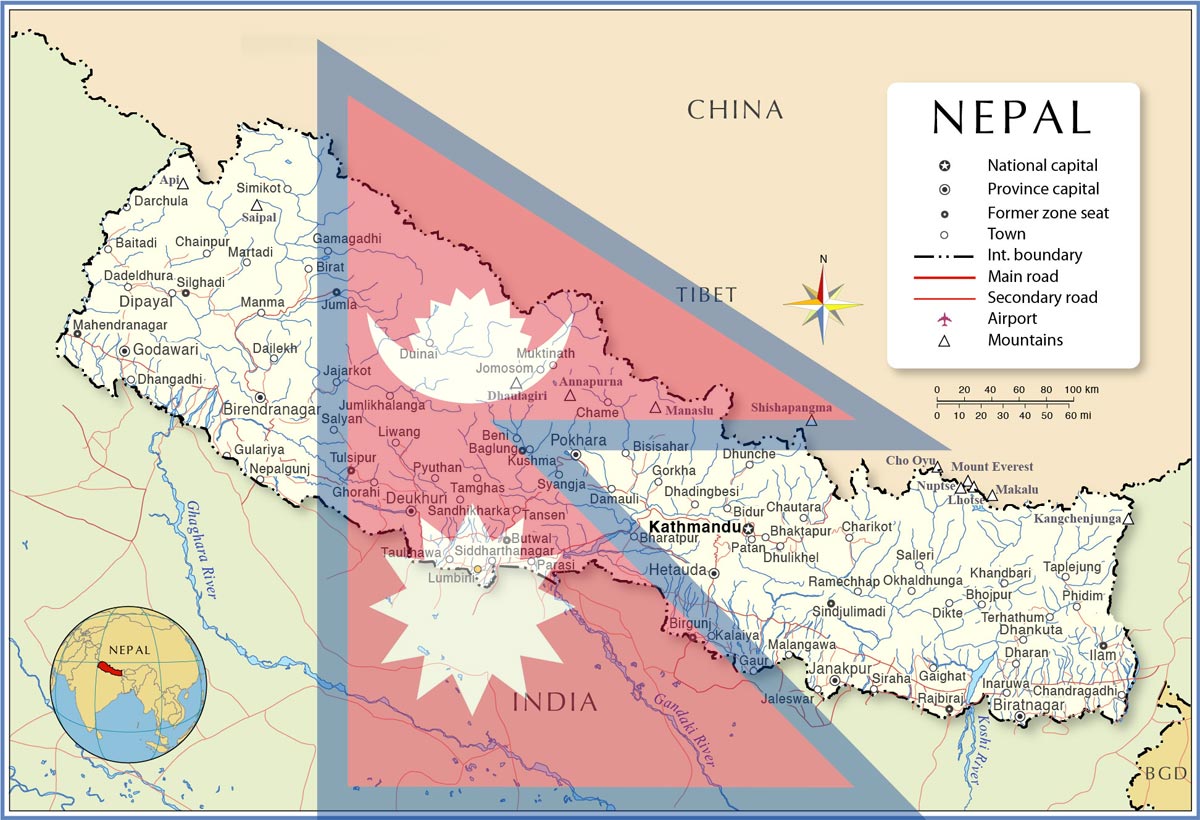
The Importance of Nepali Educators in Promoting Education and Lifelong Learning
Nepal, a small landlocked country in South Asia, is renowned for its rich culture, breathtaking landscapes, and friendly people. However, Nepal faces numerous challenges in education, particularly in rural areas, where poverty, lack of infrastructure, and limited resources impact the quality of education. Nepali educators play a critical role in promoting education and lifelong learning, improving access to education, and shaping future generations. This article will explore the role of Nepali educators in promoting education and lifelong learning, strategies and challenges they face, impact on development, and opportunities for professional growth.
The Current State of Education and Lifelong Learning in Nepal
Education is a fundamental human right and a key driver of economic and social development. In Nepal, the government is committed to providing free education to all children up to grade 12. However, despite progress, Nepal still faces significant challenges in education. According to UNESCO, the literacy rate in Nepal is 68%, and only 52% of adults are literate. The dropout rate is also high, particularly among girls, and access to quality education is limited, particularly in rural areas. Additionally, there is a shortage of qualified teachers, and the quality of education varies widely across the country.
Lifelong learning, which refers to the process of acquiring knowledge, skills, and attitudes throughout one's life, is critical for personal and professional growth, and for building a knowledge-based society. The Nepali government has launched several initiatives to promote lifelong learning, including the Lifelong Learning Policy 2073, which aims to provide equitable access to learning opportunities for all citizens, and the Teacher Professional Development Policy 2073, which aims to enhance the professional growth of teachers and promote quality education.
The Role of Nepali Educators in Promoting Education and Lifelong Learning
Nepali educators play a crucial role in promoting education and lifelong learning, particularly in rural areas, where they face numerous challenges. Educators are responsible for designing and delivering quality education, creating a positive learning environment, and ensuring that all students have access to education. Educators are also responsible for promoting lifelong learning by encouraging students to develop a love for learning, and by providing opportunities for professional growth.
Strategies and Challenges Faced by Nepali Educators in Promoting Education
Nepali educators use various teaching methods, including interactive learning, group work, and project-based learning, to engage students and promote learning. Educators also face several challenges, particularly in rural areas, where access to education is limited. Some of the challenges faced by Nepali educators include:
- Limited resources, including textbooks, teaching materials, and technology
- Shortage of qualified teachers, particularly in rural areas
- Poor infrastructure, including inadequate classrooms and lack of sanitation facilities
- Poverty and lack of access to education, particularly for girls and marginalized groups
- Limited opportunities for professional growth and development
Impact of Nepali Educators on the Development of Education in Nepal
Nepali educators have made significant contributions to the development of education in Nepal, particularly in rural areas, where they have improved access to education and promoted lifelong learning. Educators have also helped to create a positive learning environment, fostered a love for learning, and inspired future generations. The impact of Nepali educators is evident in the progress made in education, particularly in increasing access to education, improving literacy rates, and promoting lifelong learning.
Lifelong Learning Opportunities in Nepal
Nepal offers several lifelong learning opportunities, including vocational training, adult education, and distance learning. The Lifelong Learning Policy 2073 aims to provide equitable access to learning opportunities for all citizens, including those who have not completed formal education. The policy also aims to promote lifelong learning by providing opportunities for skill development, knowledge enhancement, and personal growth. The policy emphasizes the need for partnerships between the government, private sector, and civil society organizations to ensure the effective implementation of lifelong learning programs.
Teaching Methods in the Nepali education system
Nepali educators use various teaching methods to promote active and interactive learning among students. The traditional lecture-based approach is being replaced by more interactive methods such as group work, project-based learning, and experiential learning. Nepali educators also use technology to enhance the learning experience, such as online learning platforms and multimedia resources.
Professional development opportunities for Nepali educators
The Nepali government has recognized the importance of professional development for educators and has launched several initiatives to promote it. The Teacher Professional Development Policy 2073 aims to provide opportunities for professional growth and development for all educators. The policy emphasizes the need for continuous professional development to improve teaching and learning outcomes.
Professional development opportunities for Nepali educators include training programs, workshops, seminars, and conferences. The government also encourages educators to pursue further education, such as postgraduate studies, to enhance their knowledge and skills.
Success stories of Nepali educators in promoting education and lifelong learning
Nepali educators have made significant contributions to promoting education and lifelong learning in Nepal. One such success story is that of Anjana Koirala, a Nepali educator who established the first hospice in Nepal and was awarded the Ramon Magsaysay Award for her contribution to palliative care. Another success story is that of Mahabir Pun, a Nepali educator who established a wireless network in a remote mountain village and was awarded the prestigious Magsaysay Award for his efforts in bridging the digital divide.
Conclusion
In conclusion, Nepali educators play a crucial role in promoting education and lifelong learning in Nepal. Despite the challenges they face, including a shortage of teachers and limited resources, Nepali educators are committed to improving the quality of education and ensuring equitable access to learning opportunities. The government of Nepal has recognized the importance of education and has launched several initiatives to promote lifelong learning and professional development among educators. By providing opportunities for skill development, knowledge enhancement, and personal growth, Nepali educators are shaping the future of education in Nepal and paving the way for a brighter future for all Nepali citizens.
Nepal Related Topics Education




